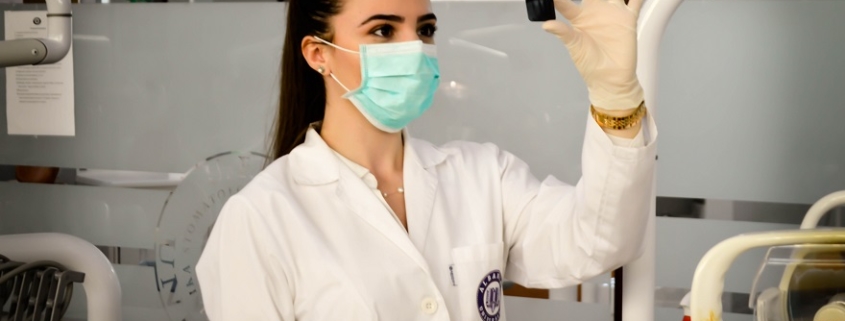Fee Status For Medical Degrees
Expat students that live abroad in any of the three years prior to starting their medical degree are in danger of losing their eligibility for home fees at UK universities. Each university will undertake due diligence when assessing whether a student has maintained their eligibility for home fees but if the course is a medical degree there is further scrutiny.
This is partly because the degree is so expensive to deliver and partly because home and overseas places for medical students are capped by the UK Government. Institutions that offer home fee places to students incorrectly are at risk of being fined by the UK Government so fee status for medical degrees is of added importance.
Cost of medical degree for home students v overseas students
UK home fees for medicine vary from £1,820 per year at Scottish universities (Scottish nationals), £4.630 at Northern Irish universities (NI and ROI nationals) to £9,535 for Welsh and English universities. Universities fix these lower tuition fees for home students as their places are subsidised by the Government.
The true cost of delivering such intensive medical training is much higher; overseas medical students pay anything between £32,000 per annum to up to £70,000 per year (depending upon the UK country, the institution and whether it is for preclinical or clinical years) for 5 to 6 years. There may also be additional costs for overseas students, such as College fees at Cambridge university.
The disparity in cost to students means that if you are borderline for home fees, such as expat students, there is a real importance to maintain your home fee eligibility to avoid paying a much higher rate.
Overseas students will not be able to apply for a student loan as home students can, so there is the added burden of funding the higher tuition fees and living expenses yourself.
Competition for places is tough
Medicine is a notoriously competitive course to apply for in the UK. It’s not just a question of being academically able, there is strong emphasis on having the right aptitude for medicine, the skill-set, attributes, ethical qualities and to be able demonstrate their suitability for such intense training and demanding career.
To add to the competitiveness of the course, the UK Government has capped the number of medical students it is prepared to fund each year. There are 29,000 applications each year for around 9,000 places. Only around 7% of the total places are allocated to overseas fee-paying students. Needless to say, the competition for places is extremely high as a home student but even more so as an overseas student.
Additionally, some medical schools do not accept any overseas students, so if you apply to these schools and are assessed as an overseas fee-payer, you will be rejected for this reason and not because you don’t meet the entry requirements.
When applying for medical school with the intention of applying as a home fee student, it is important that you are prepared in advance; you will need to actively maintain your eligibility for home fees and gather strong evidence to support your case. Once the application goes in, the universities will send the expat student a fee status questionnaire so that they can gather the information they need, along with the evidence required, to assess the student’s eligibility. A delay in submitting information and evidence is likely to delay the offer for months at a critical time in the application cycle.
Each year we help hundreds of expat families achieve their dream of attending a UK university on home fees. We are education consultants specialising in university education. Our consultants have each been at the heart of university admissions in top tier universities – see our team and experience.



